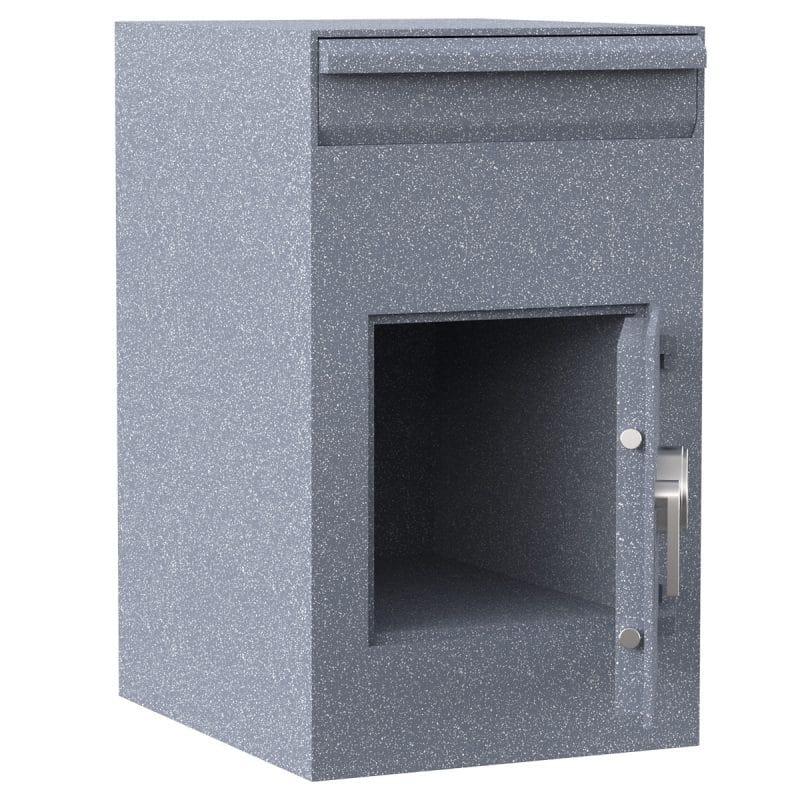In today’s digital age, it may seem antiquated to keep physical copies of important documents. However, there are still many reasons why you need to protect hard copies of financial statements, legal contracts, family records, and more. Investing in a high-quality vault is the best way to securely store your most sensitive paperwork and valuables at home or the office. Here’s what you need to know about choosing and using a document safe.
What to Store in a Document Safe
It is designed to keep paper items that you don’t want easily accessible to others. Some examples of items to keep in a home or office document safe include:
- Passports, birth certificates, social security cards, and other identity documents
- Property deeds, car titles, and other ownership paperwork
- Stock and bond certificates
- Wills, living trusts, and healthcare directives
- Business contracts, shareholder agreements, and incorporation documents
- Tax returns, bank and investment statements
- Family photos, journals, or keepsakes
- Cash, coins, checks, and other monetary items
- Small jewelry, watches, or other valuables
Essentially, anything that you would have a hard time replacing if lost or stolen deserves a secure place inside a document safe.
Choosing the Right Locker
A document safe comes in many sizes and styles to fit different needs. Consider these factors when picking the right one:
- Intended use: Safes made for home use are usually smaller than commercial document safes designed for offices. Think about your specific storage needs.
- Lock type: Key locks, combination locks, biometric locks, and electronic locks all offer different levels of security. Match the lock to the sensitivity level of what you’re storing.
- Fire protection: Look for safes with fire ratings of at least one hour to protect contents from heat damage.
- Waterproofing: Fully waterproof safes protect against pipe leaks, flooding, or firefighting water damage.
- Weight: The heftier the safe, the harder it will be to remove or break into. Steel thickness impacts the weight.
- Size: Measure the space you have for the safe and the volume of items to store inside. Leave room for future document accumulation.
For moderate home use, a 0.5 cubic foot safe with a key or combination lock usually offers ample secure storage. Businesses may need larger safes of around 2 cubic feet or more.
INKAS safes are synonymous with solid construction and durability, which sets them apart from document safes. These safes are manufactured with precision, using high-quality materials to ensure maximum strength and stability. The outer shell is often made of reinforced steel to ensure resistance to physical abuse and is equipped with advanced locking mechanisms to thwart any attempts at unauthorized entry. They are often designed to be fire resistant, protecting against unforeseen disasters such as fires.
Using Your Document Safe
Once you’ve purchased a document safe, follow these tips for safely storing your valuables:
- Bolt the safe to the floor or wall if possible to prevent removal.
- Use the locking system properly by engaging all locks and keeping keys/codes secure.
- Organize the interior systematically so items are easy to retrieve.
- Inventory the contents periodically to refresh your memory.
- Don’t overstuff the safe, as this can damage the contents.
- Check the seals and condition regularly and have repairs done by a professional if needed.
- Always lock up the safe when not in use.
By investing in a quality document safe and using it properly, you can enjoy peace of mind knowing your documents and valuables are protected from all types of risks. Shop around for safes, read reviews, and make sure to get the right size and security features to safely store your most critical paperwork and valuables.






